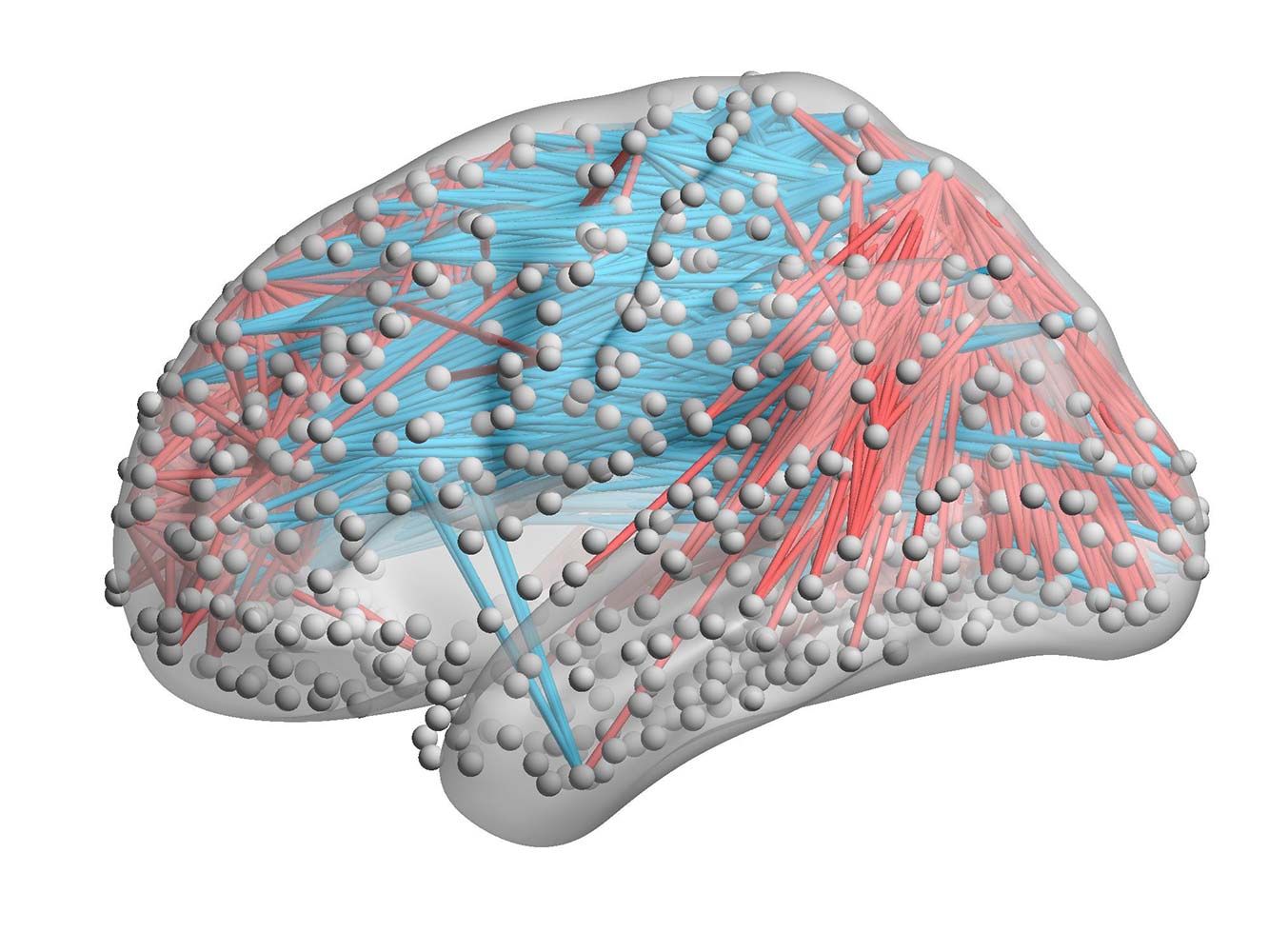How brain connectivity affects mental wellbeing
Our brain is our ultimate control centre—it’s the source of all of our thoughts, emotions and behaviour. Our brains are also dauntingly complex, containing billions of cells (neurons) connected by trillions of axonal fibres.
In a system this intricate, things can go wrong … and sometimes they do.
Using structural and functional magnetic resonance imaging (MRI) technology to take high-resolution images of the brain, the recipient of the Australian Academy of Science’s 2018 Gottschalk Medal, Professor Alex Fornito studies the architecture and connectivity of the human brain. His work has provided insights into a range of mental disorders and conditions.

Disruption or damage to the web of connections in our brains can result in any number of conditions, including Alzheimer’s disease and mental health disorders such as schizophrenia, depression and obsessive-compulsive disorder.
Establishing a comprehensive map of the web of connections within our brain—a blueprint of the brain's circuitry—is the ultimate goal in trying to better understand what causes these disorders and how we might better treat them.
Most psychiatric disorders are not the result of localised dysfunction in isolated regions of the brain. Rather, they arise from problems in how multiple brain regions communicate and interact with each other. Mapping and understanding these communication processes in detail is an important step in understanding these conditions.
Professor Fornito’s work has developed new methods for mapping these connections and for pinpointing where in the brain disruptions are occurring in disorders such as schizophrenia, depression, attention-deficit hyperactivity disorder and addiction. These maps can then be used to develop models of the underlying cellular and molecular mechanisms that give rise to mental illness.
In schizophrenia, Professor Fornito’s team has identified disruption in a specific brain circuit linking areas of the prefrontal cortex to other structures deep in the brain as being critically involved in disease risk. The activity of this circuit is heavily dependent on levels of the chemical dopamine. All medications currently available for alleviating the symptoms of schizophrenia act by regulating levels of dopamine in the brain.
Professor Fornito’s team is working on understanding how problems in the functioning of this circuit give rise to altered dopamine levels and whether healthy patterns of activity in this system can be restored using brain stimulation therapies such as transcranial magnetic stimulation. This technique uses magnetic pulses passed through the scalp to alter the activity of underlying brain cells.
Building maps of brain connectivity and pin-pointing the systems affected by disease will improve our understanding of the underlying causes of mental disorders. This will help develop targeted treatments to improve the quality of life for people living with brain disorders.





